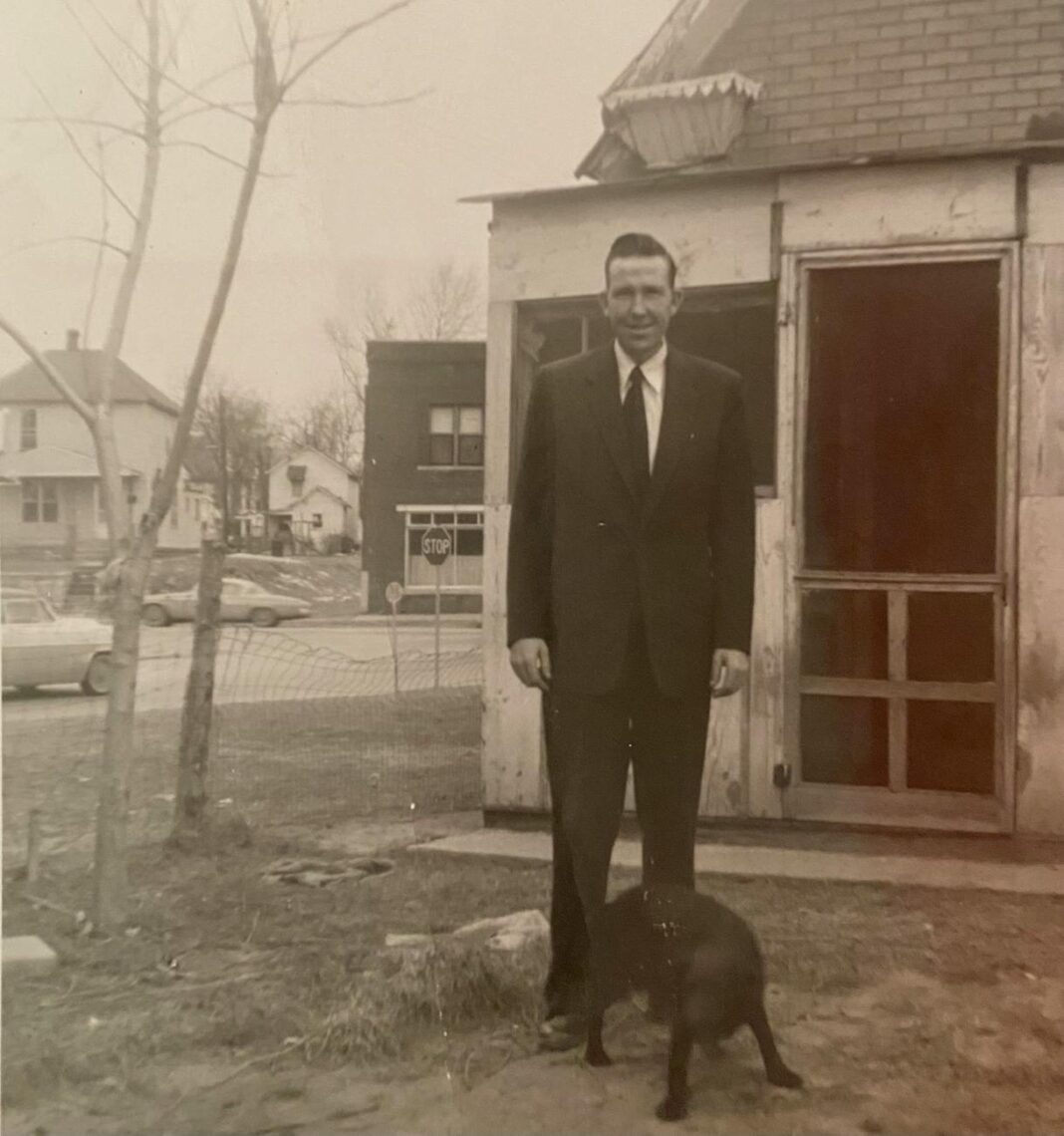Governor Spencer Cox’s Controversial Remarks
In a bold and provocative statement, Utah Governor Spencer Cox has drawn a stark parallel between social media platforms and the opioid crisis, specifically referencing fentanyl. During an interview on a recent Sunday, Cox argued that these digital platforms bear a significant responsibility for the death of conservative political activist Charlie Kirk. His comments have ignited a firestorm of debate regarding the impacts of social media on mental health and overall societal well-being.
The Direct Role of Social Media
Cox didn’t hold back, claiming that social media acts as “conflict entrepreneurs,” a term that suggests these companies thrive on divisive content and sensationalism. He pointed out that Kirk’s death is a tragic example of how online platforms can exacerbate existing issues, creating an environment where harm can thrive. By allowing harmful narratives to proliferate, social media becomes more than just a communication tool—it transforms into a hazardous space that can lead to real-world consequences.
The Fentanyl Analogy
The governor’s comparison to fentanyl is particularly striking. Fentanyl, a synthetic opioid, has been at the center of the opioid crisis, leading to countless deaths due to its highly addictive nature and potency. Cox’s assertion implies that social media similarly hooks users, feeding them content that can lead to dangerous outcomes, potentially even death. This analogy underscores a growing concern among mental health professionals and lawmakers alike about the psychological toll of social media engagement.
Public Reaction and Debate
The backlash to Cox’s statements has been swift. Critics argue that placing blame on social media companies for individual tragedies oversimplifies complex issues surrounding mental health and personal responsibility. Others contend that tech companies should indeed be held accountable for the content shared on their platforms, especially when it leads to harmful outcomes. This ongoing debate raises vital questions about the role of technology in our lives and the responsibilities of those who create and maintain these platforms.
The Bigger Picture
As we delve deeper into the implications of Governor Cox’s remarks, it becomes clear that this conversation extends far beyond the parameters of a single incident. The effects of social media are pervasive, influencing everything from political discourse to personal relationships. While some argue for increased regulation and accountability, others defend the notion of free speech on these platforms. Where do we draw the line, and how do we protect users without stifling expression? These questions are at the heart of a complex and evolving discussion.
Questions
Do you think social media companies should be held accountable for user outcomes?
How can we balance freedom of expression with the need for user safety online?
What measures could be implemented to mitigate the risks associated with social media use?

